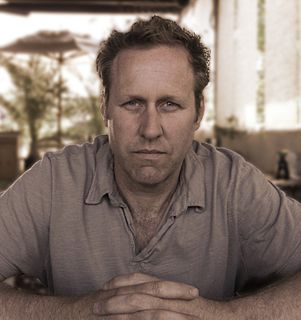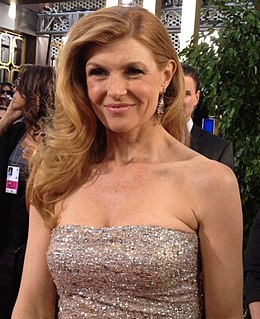A Quote by Anne Enright
I'm very keenly aware that there aren't very many women writing literary fiction in Ireland and so that gives me a sense that what I say matters, in some small way.
Related Quotes
Literary science fiction is a very, very narrow band of the publishing business. I love science fiction in more of a pop-culture sense. And by the way, the line between science fiction and reality has blurred a lot in my life doing deep ocean expeditions and working on actual space projects and so on. So I tend to be more fascinated by the reality of the science-fiction world in which we live.
I feel engaged with young people in Pakistan. But that said, it's still a small minority that reads novels, literary fiction. But it isn't necessarily a small minority of the wealthy elite in the city of Lahore. It can often be and I often do meet at literary festivals students who've ridden a bus 12 hours from a very small town just to hear some of their favorite writers come and speak.
Good writing is good writing. In many ways, it’s the audience and their expectations that define a genre. A reader of literary fiction expects the writing to illuminate the human condition, some aspect of our world and our role in it. A reader of genre fiction likes that, too, as long as it doesn’t get in the way of the story.
Despite being from Ireland, I've always avoided writing about it, for two reasons. For a very small country, Ireland has produced an astonishing number of literary geniuses, and at some level I probably never felt, having left as a toddler, that I had the right to try and add my voice. That's part of it. But I also didn't want to write something that was the equivalent of the Irish theme pub. You find them all over the world. The idea of producing a novel that might replicate that type of ersatz really set my teeth on edge.
The Booker thing was a catalyst for me in a bizarre way. It’s perceived as an accolade to be published as a ‘literary’ writer, but, actually, it’s pompous and it’s fake. Literary fiction is often nothing more than a genre in itself. I’d always read omnivorously and often thought much literary fiction is read by young men and women in their 20s, as substitutes for experience.
In regards to live shows, space is very important to me. Space and context should complement the music in some way; you gain so much from it. It enhances the dialogue between audience and performer. I'm very much aware of this when choosing venues. I say no to 90% of booking offers. Somehow I feel the venue needs to make sense.
[Michael] Chabon, who is himself a brash and playful and ebullient genre-bender, writes about how our idea of what constitutes literary fiction is a very narrow idea that, world-historically, evolved over the last sixty or seventy years or so - that until the rise of that kind of third-person-limited, middle-aged-white-guy-experiencing-enlightenment story as in some way the epitome of literary fiction - before that all kinds of crazy things that we would now define as belonging to genre were part of the literary canon.
It remains a mystery to me why some of that [pulp] fiction should be judged inferior to the rafts and rafts of bad social [literary] fiction which continues to be treated by literary editors as if it were somehow superior, or at least worthier of our attention. The careerist literary imperialism of the Bloomsbury years did a lot to produce fiction's present unseemly polarities.
In many ways, the South can be very traditional and confining. And what is interesting to me is how women find their way around it. Those obstacles create an amazing sense of humor, of fun, and, ultimately, of integrity. The fiercest and savviest women I have ever known are the women I grew up with.


































